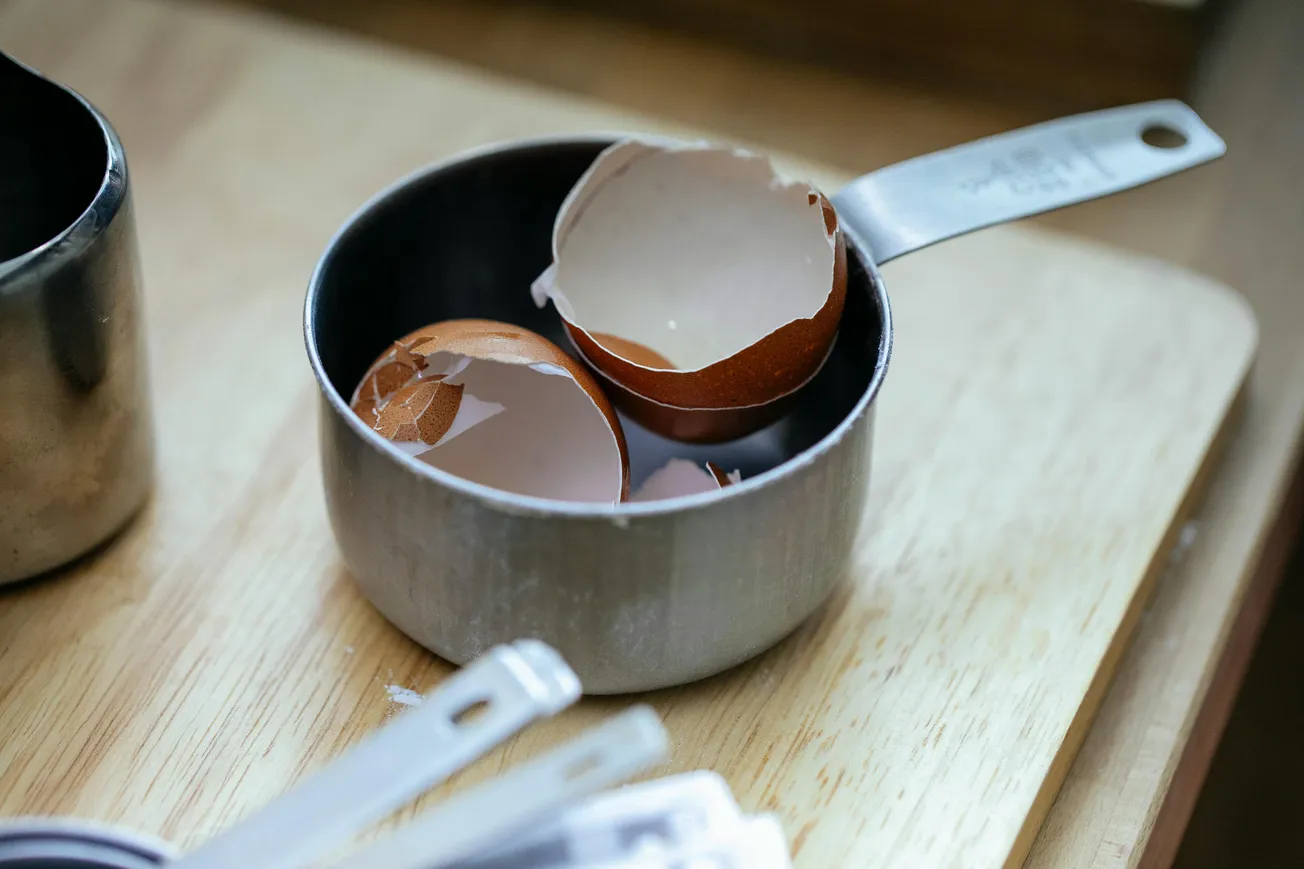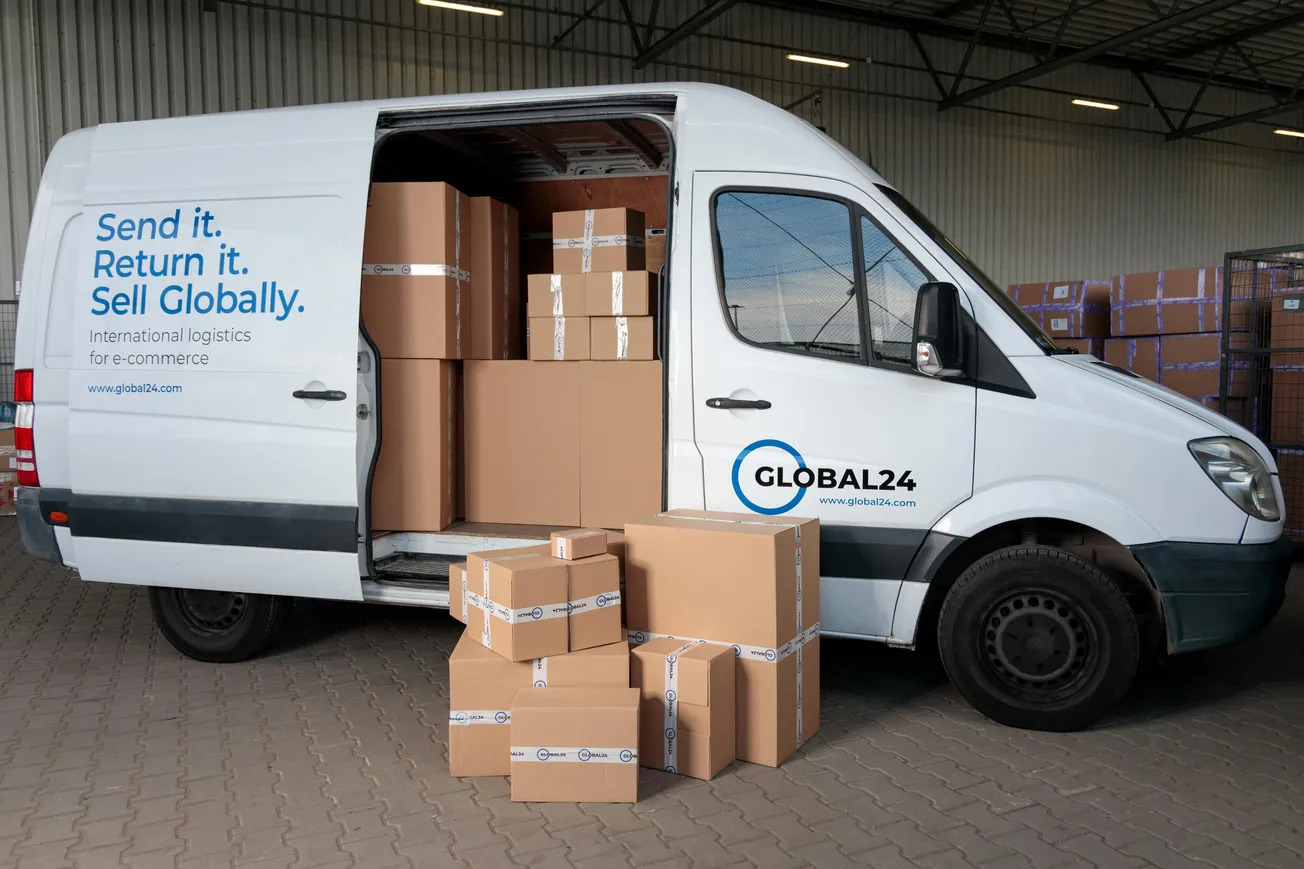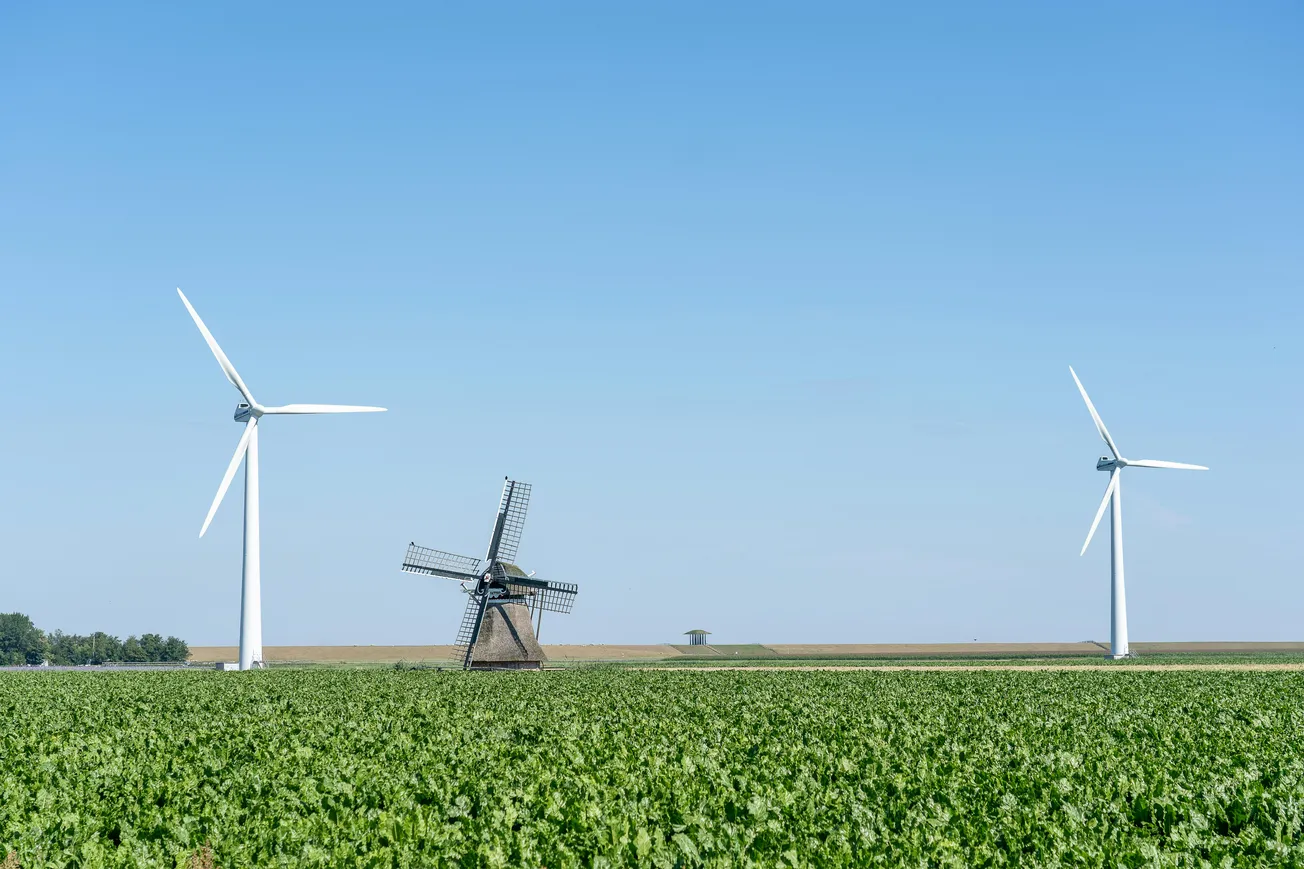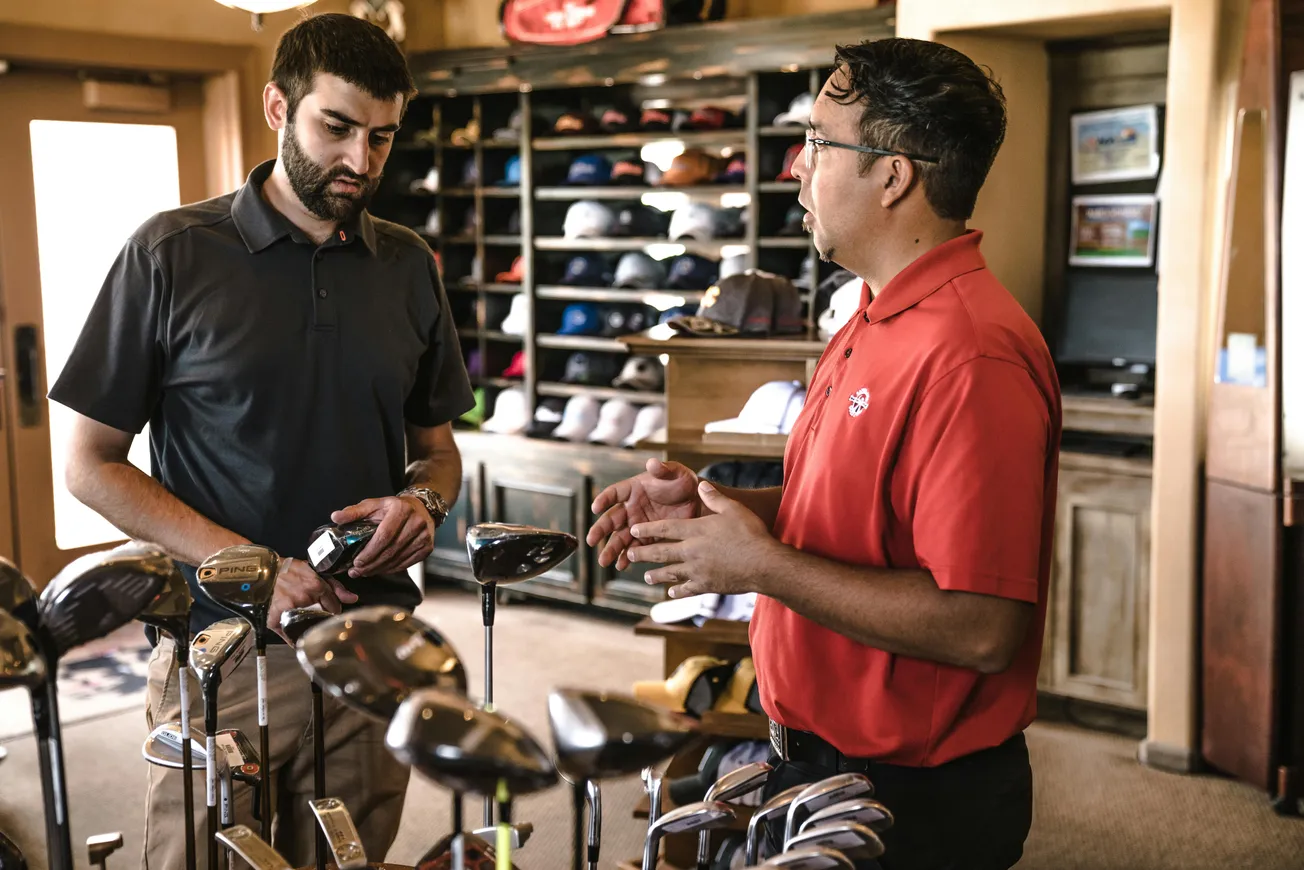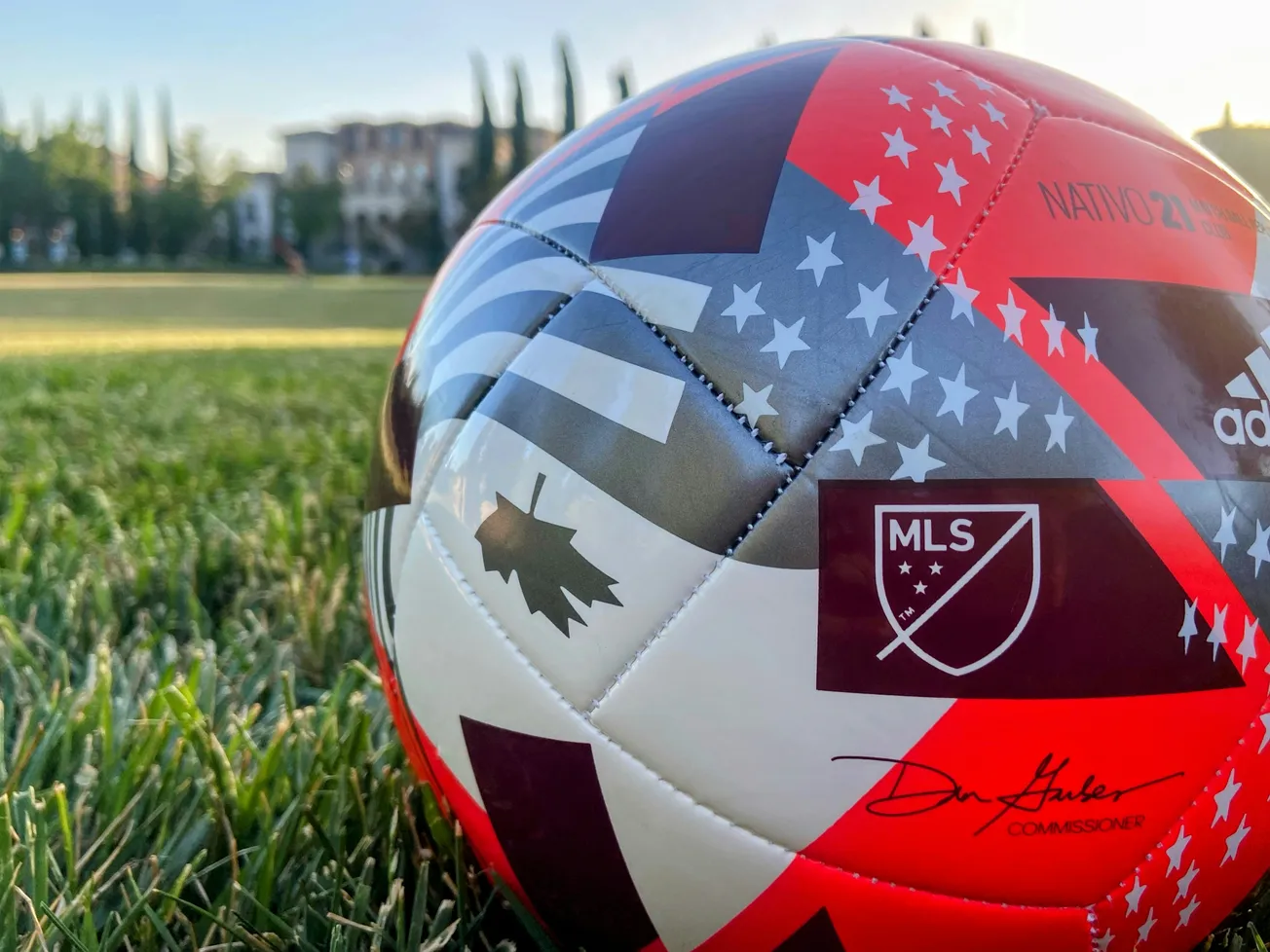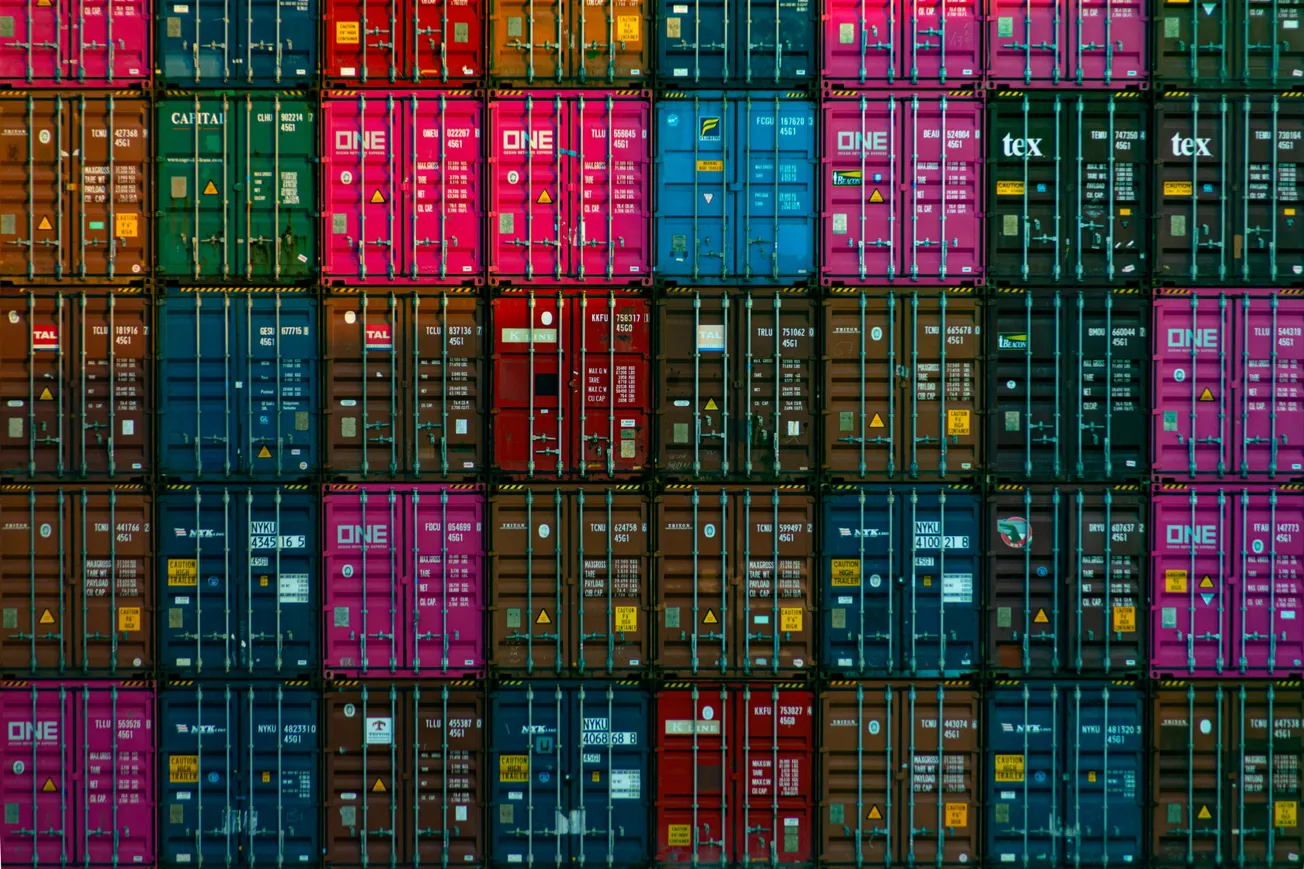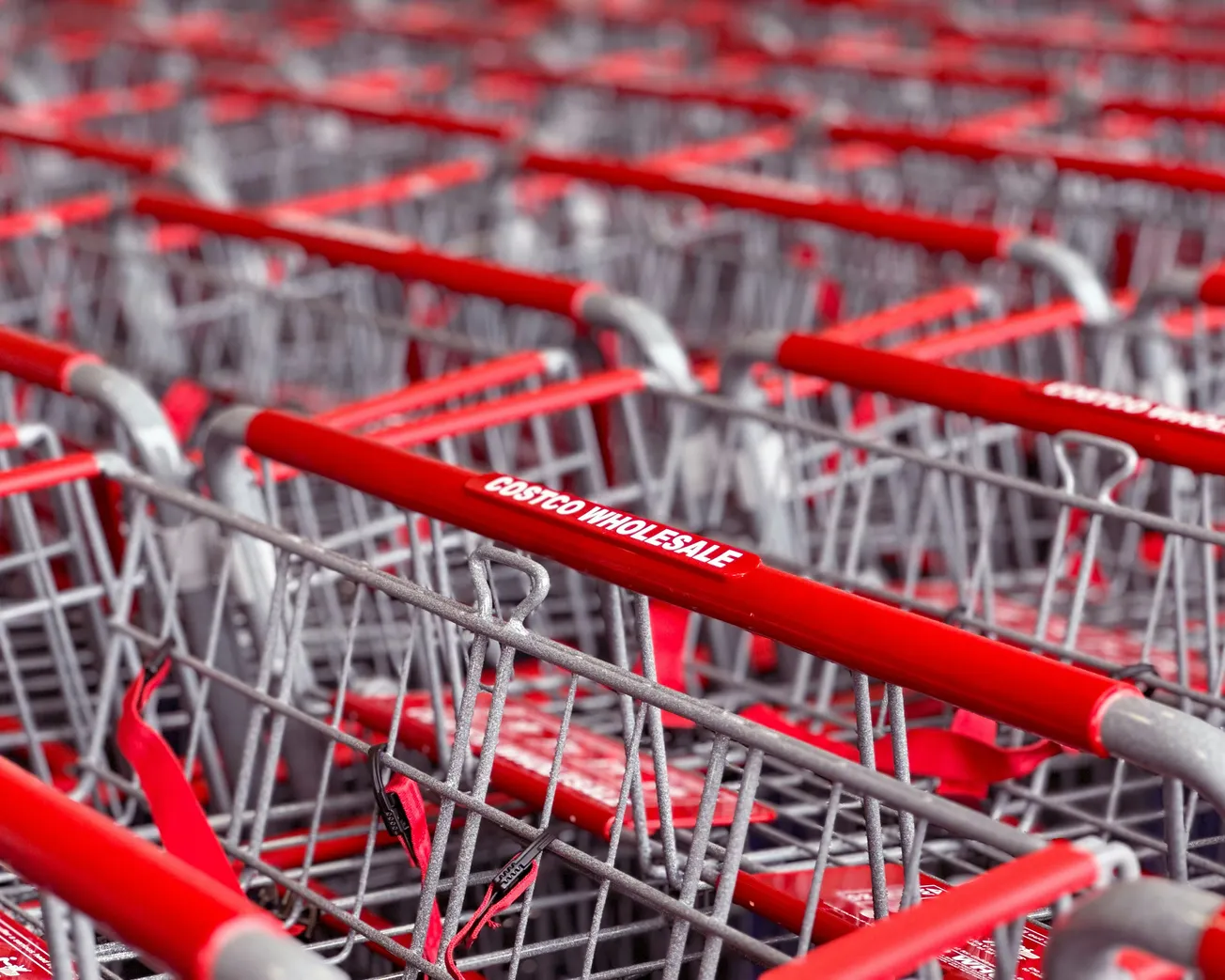Ikea is expanding its culinary horizons beyond its famous Swedish meatballs with a new "Year of Cooking and Eating" initiative. This includes an immersive pop-up experience in New York City and a significant partnership aimed at tackling food waste from its restaurants.
Ikea House Warming Pop-Up
The "Ikea House Warming" activation, running from October 2nd to October 26th in NYC's Union Square, invites guests to explore the entire food journey.
From storage and organization to preparation, cooking, serving, eating, and cleaning, the pop-up offers a holistic view of Ikea's offerings.
Visitors can expect a kitchen planning studio, daily "(m)eatball" happy hours, children's activities, Frakta bag personalization, and various kitchen demonstrations and tastings.
This event also serves as a platform to introduce more than 200 new food-related products, including dining tables, innovative storage solutions designed to combat food waste, and versatile kitchen ranges.
Celebrating 40 Years of Meatballs and Embracing Plant-Based Options
Ikea is also celebrating four decades of its iconic meatballs, having sold over 1.4 billion annually. To cater to evolving tastes and sustainability efforts, the company is introducing a new falafel food ball, emphasizing its commitment to offering more plant-based choices.
This comes as Ikea has previously reduced restaurant prices by 50% on weekdays in 14 countries and offered free meals for children, aiming to support customers' budgets during challenging economic times.
Food Waste Recycling Pilot Program
In a significant move towards sustainability, Ikea has initiated a pilot food waste collection program at five of its U.S. stores. Partnering with Vanguard Renewables, the program is designed to repurpose food scraps from Ikea restaurants.
Stores in Stoughton, Massachusetts; New Haven, Connecticut; Schaumburg and Bolingbrook, Illinois; and Oak Creek, Wisconsin, are participating.
Vanguard Renewables will utilize a proprietary anaerobic digestion process to convert plate scrapings, kitchen trimmings, and expired foods into renewable natural gas and low-carbon fertilizer for local agriculture.
Each unit is projected to divert approximately 250 pounds of waste weekly, totaling over 32,000 pounds during the six-month pilot. Ikea intends to expand the program following its successful completion.


